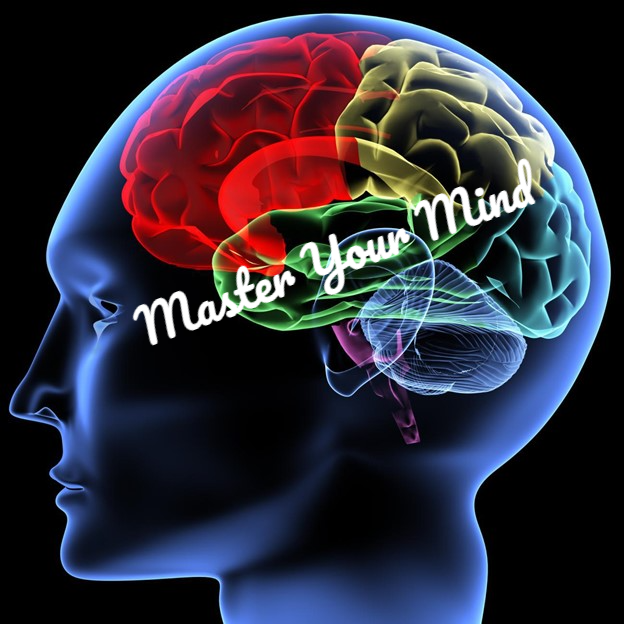Common Triggers of Information Overload
What we do affects how we live. The actions you take and don't take every day are responsible for your quality of life and the amount of personal and professional fulfillment you experience. Sometimes, outside influences impact your life. Whether you or external forces are the source of information overload, you can do something about it.

Be aware of the following triggers of mental overwhelm, and you can avoid the many problems it causes.
Dehydration
Search Labs tells us that dehydration is an entirely preventable but, unfortunately, common medical condition that affects people worldwide. Some sources claim that as many as 75% of Americans are chronically dehydrated. This condition develops because people don't cycle enough water through their bodies daily. Here's why that's a problem.
· Chronic thirst and a dry mouth
· Dizziness
· Brain fog
· Impaired brain functions
· Inability to concentrate and focus
· Fatigue and tiredness
Those are a few of the symptoms of dehydration. While everyone is different, most need to pass about a gallon of water through their systems daily. The human brain is estimated to be as much as 73% water. That water is used and needs to be replenished daily. Sip filtered water throughout the day, and your brain will be more capable of battling information overload.
Social Media
Social media is a source of constant discontent. We go there to relax and enjoy positive socialization, but our experience is often negative. Research shows that chronic social media usage leads to stress, anxiety, and, in some cases, depression.
Information overload is one thing your social media experience is guaranteed to deliver. Doomscrolling is the practice of endlessly consuming negative online content. Dedicate your time to more productive and positive activities.
Consumer Electronics and Internet-Enabled Devices
Do you have a favorite gaming platform? You may enjoy playing games with others online or prefer an offline experience. How frequently are you connected to the Internet? Do you answer every notification your devices send your way?
Consumer electronics items and devices connected to the Internet are common sources of information overload. They send a ceaseless stream of information your way, and it's easy to become addicted to this constant delivery of dopamine, which provides short-term feelings of joy and happiness. That positive energy is short-lived, and you turn to another dose of digital distractions.
Listening to Your Negative Inner Critic
Your negative inner voice that doesn't ever seem to shut up is largely negative and repetitive. Neuroscientists and psychologists tell us that the thousands of micro thoughts you have daily are largely pointless. They should be ignored. They are your brain processing information and needlessly distracting you.
It may surprise you that most of your thoughts should be ignored. They are not driven by need or purpose. Give in to the negative nature of your tireless inner voice, and information overload will be your reward.














